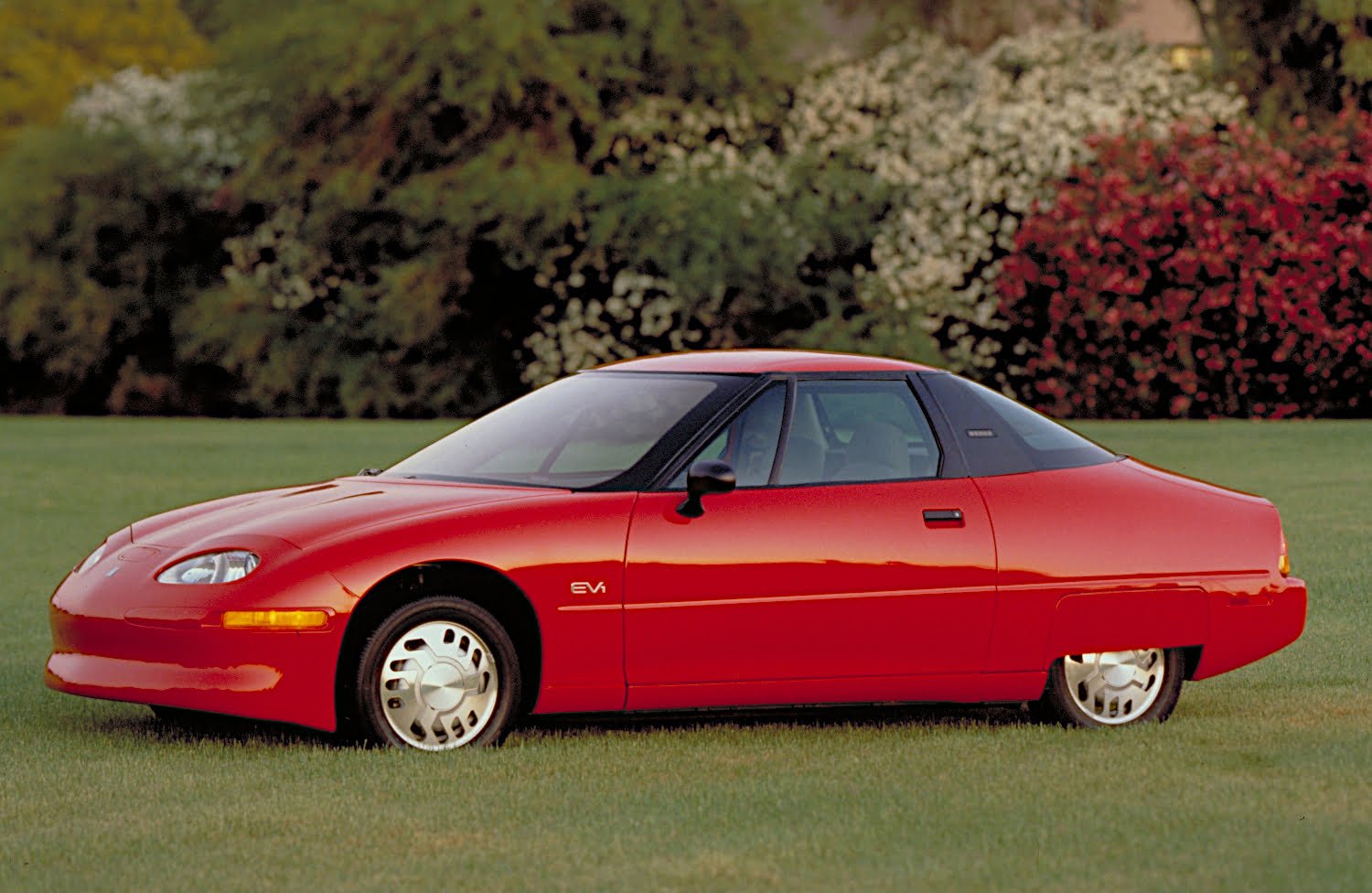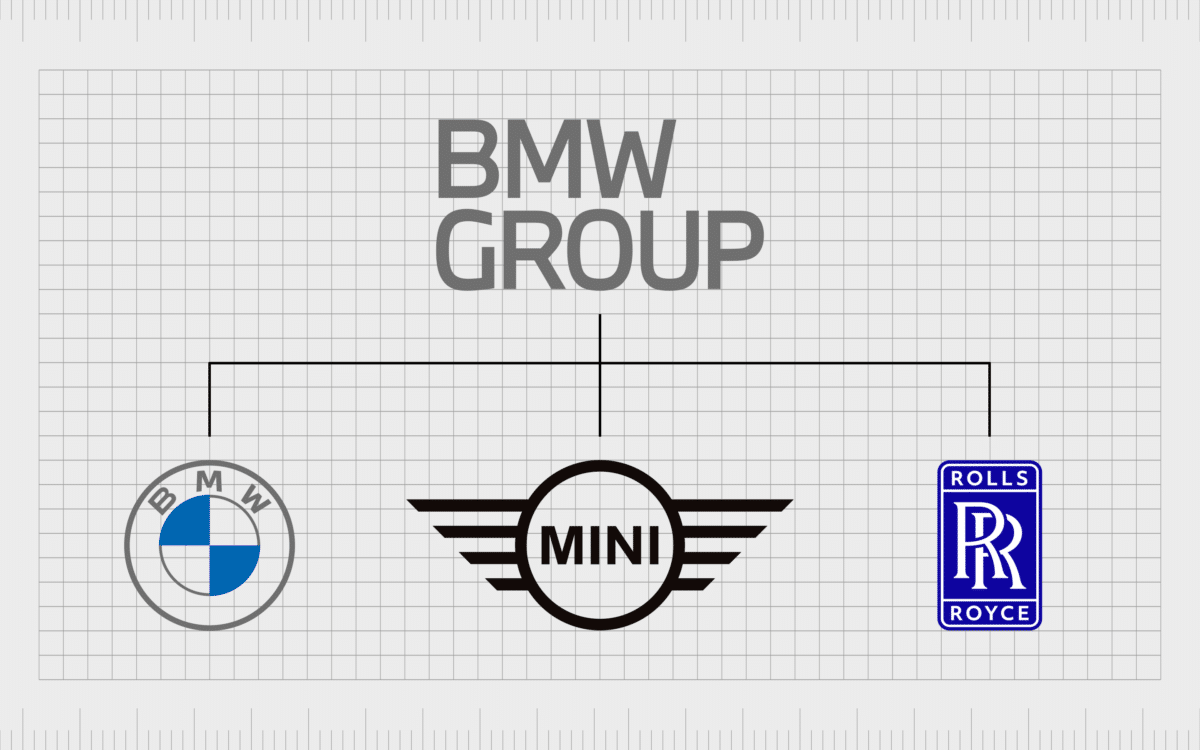General Motors (GM) stands as a titan in the automotive industry, with a rich history of innovation, expansion, and transformation. As one of the largest automotive manufacturers in the world, GM has a diverse portfolio that spans a multitude of car brands, each with its unique identity and market presence. Over the years, they have acquired and developed numerous car brands, making them a formidable force in the global market. For those interested in the intricate web of brands under the GM umbrella, this article provides an in-depth look into the list of all car brands owned by General Motors.
General Motors' journey as a leading automotive manufacturer is marked by strategic acquisitions and developments. From luxury brands to electric vehicle pioneers, GM's brand portfolio is both vast and varied, allowing them to cater to a wide array of consumer needs and preferences. This comprehensive guide will explore the history, evolution, and current status of each car brand owned by General Motors, providing valuable insights into the company's strategic objectives and market positioning.
Understanding the list of all car brands owned by General Motors is essential for automotive enthusiasts, industry analysts, and consumers alike. This article not only highlights the individual brands but also delves into their unique characteristics, market roles, and contributions to GM's overall success. By examining the distinct traits and innovations of each brand, readers can gain a more nuanced understanding of GM's strategic vision and its impact on the automotive landscape.
Read also:Top Gun Maverick Cast Meet All The New And Returning Pilots
Table of Contents
- Chevrolet: A Legacy of Innovation
- Buick: The Quintessential American Luxury
- GMC: Professional Grade Trucks and SUVs
- Cadillac: Redefining American Luxury
- What Happened to Holden?
- Opel: The European Connection
- Vauxhall: Britain's Beloved Brand
- Is Hummer Making a Comeback?
- Pontiac: A Retrospective Look
- Saturn: The Experiment in Innovation
- Saab: What Went Wrong?
- Daewoo: GM's South Korean Asset
- Wuling: The Chinese Powerhouse
- Baojun: Affordable Excellence
- What Does the Future Hold for GM's Brands?
Chevrolet: A Legacy of Innovation
Chevrolet, often referred to simply as Chevy, is arguably the most famous brand owned by General Motors. Founded in 1911 by Louis Chevrolet and William C. Durant, Chevrolet's mission was to offer quality vehicles at affordable prices. Over the decades, Chevrolet has built a reputation for producing reliable and innovative vehicles, ranging from iconic sports cars like the Corvette to family-friendly SUVs such as the Traverse. Chevy's commitment to innovation is evident in their electric vehicle offerings, including the Bolt EV, which has set a standard for affordable electric mobility.
Buick: The Quintessential American Luxury
Buick holds a special place in the list of all car brands owned by General Motors, renowned for its refined and luxurious vehicles. Established in 1903, Buick is one of the oldest automotive brands in America. The brand has evolved over the years, transitioning from classic luxury sedans to a modern lineup of SUVs and crossovers. Buick's emphasis on comfort and elegance has allowed it to maintain its status as a premium marque within the GM family, appealing to customers seeking a blend of sophistication and performance.
GMC: Professional Grade Trucks and SUVs
GMC, or General Motors Truck Company, is a key player in the truck and SUV market, known for its robust and durable vehicles. Originating in 1912, GMC has focused on creating professional-grade trucks that cater to both commercial and personal needs. Their lineup includes a range of trucks, vans, and SUVs that are celebrated for their quality and capability. GMC's vehicles are often associated with strength and reliability, making them a popular choice among consumers who require vehicles capable of handling tough conditions and tasks.
Cadillac: Redefining American Luxury
Cadillac is synonymous with luxury and innovation, representing the pinnacle of American automotive design and engineering. Founded in 1902, Cadillac has consistently pushed the boundaries of luxury, offering vehicles that combine cutting-edge technology with opulent design. The brand's current lineup features a mix of sedans and SUVs, all embodying Cadillac's commitment to driving excellence. Cadillac's focus on autonomous driving technology and electric vehicles demonstrates its intent to remain at the forefront of the luxury automotive market.
What Happened to Holden?
Holden was once a quintessential Australian car brand before becoming part of the list of all car brands owned by General Motors. The brand was known for producing vehicles that resonated with Australian drivers' unique preferences and driving conditions. However, in 2020, GM announced that it would retire the Holden brand, ceasing its operations in Australia and New Zealand. The decision marked the end of an era for Holden enthusiasts, who cherished the brand's storied history and contributions to the Australian automotive industry.
Opel: The European Connection
Opel, a prominent German automotive brand, was once a vital component of General Motors' European strategy. Founded in 1862, Opel became part of GM in 1929, contributing significantly to the company's European market presence. Opel was renowned for its innovative engineering and design, producing a wide range of vehicles that appealed to European consumers. In 2017, GM sold Opel to the PSA Group, marking a strategic shift in its global operations and redefining its focus on other international markets.
Read also:Maren Morris A Comprehensive Look At Her Life And Style
Vauxhall: Britain's Beloved Brand
Vauxhall, the British counterpart to Opel, has been a longstanding fixture in the UK's automotive landscape. Established in 1857, Vauxhall gained prominence for producing practical and reliable vehicles tailored to British drivers' needs. As part of the list of all car brands owned by General Motors, Vauxhall played a crucial role in maintaining GM's presence in the UK. Similar to Opel, Vauxhall was sold to the PSA Group in 2017, allowing the brand to continue its legacy under new ownership while maintaining its strong position in the British market.
Is Hummer Making a Comeback?
Hummer, once known for its rugged and military-inspired vehicles, is making a remarkable comeback under General Motors' renewed vision. Initially discontinued in 2010 due to changing market dynamics and environmental concerns, Hummer is being revived as an all-electric brand. The new Hummer models, such as the GMC Hummer EV, are designed to offer the same bold and adventurous spirit as their predecessors while aligning with GM's commitment to sustainability and eco-friendly technology. This revival signifies GM's ability to adapt and innovate in response to evolving consumer demands.
Pontiac: A Retrospective Look
Pontiac was once a celebrated brand within the GM family, known for its sporty and performance-oriented vehicles. Established in 1926, Pontiac captured the hearts of car enthusiasts with models like the Firebird and GTO, which became cultural icons. Despite its popularity, GM decided to discontinue the Pontiac brand in 2010 as part of a strategic restructuring effort. Although Pontiac no longer produces new vehicles, its legacy lives on among collectors and enthusiasts who continue to cherish the brand's contributions to automotive history.
Saturn: The Experiment in Innovation
Saturn was an ambitious venture by General Motors to create a new kind of car company that emphasized innovation and customer satisfaction. Launched in 1985, Saturn aimed to compete with foreign imports by offering affordable and reliable vehicles with a focus on unique marketing and retail strategies. Despite its initial success and loyal customer base, Saturn faced challenges in maintaining profitability and was ultimately discontinued in 2010. Saturn's story serves as a testament to GM's willingness to experiment and adapt in the ever-changing automotive market.
Saab: What Went Wrong?
Saab, a Swedish brand known for its distinctive design and engineering, became part of GM's portfolio in 1989. Saab's vehicles were celebrated for their safety features and innovative technology, making them a favorite among discerning drivers. However, Saab struggled under GM's ownership, facing financial difficulties and shifting market dynamics. In 2010, GM sold Saab to Spyker Cars, but the brand ultimately filed for bankruptcy in 2011. Saab's demise highlights the challenges of managing diverse brands in a competitive global market.
Daewoo: GM's South Korean Asset
Daewoo, a South Korean automotive manufacturer, joined the list of all car brands owned by General Motors in 2001. Daewoo's acquisition allowed GM to expand its presence in the Asian market, leveraging Daewoo's manufacturing capabilities and expertise. The brand's vehicles were rebranded and sold under various GM names, contributing to the company's global strategy. While Daewoo no longer exists as an independent brand, its influence is evident in GM's continued success in the region, showcasing the brand's lasting impact.
Wuling: The Chinese Powerhouse
Wuling is a key player in General Motors' Chinese operations, representing a successful joint venture with SAIC Motor and Guangxi Automobile. Wuling specializes in producing affordable and practical vehicles, catering to the needs of Chinese consumers. The brand's success is reflected in its strong sales performance and market presence, making it an integral part of GM's strategy in China. Wuling's ability to adapt to local preferences and trends has solidified its position as a powerhouse in the Chinese automotive industry.
Baojun: Affordable Excellence
Baojun is another brand resulting from GM's collaboration with SAIC Motor, focusing on delivering affordable and high-quality vehicles to the Chinese market. Established in 2010, Baojun has quickly gained popularity for its innovative designs and value-oriented offerings. The brand's emphasis on affordability without compromising quality has resonated with consumers, contributing to its rapid growth and success. Baojun's role in GM's Chinese strategy highlights the company's commitment to providing diverse and competitive options for a wide range of customers.
What Does the Future Hold for GM's Brands?
The future of GM's brands is shaped by a commitment to innovation, sustainability, and customer satisfaction. As the automotive industry undergoes significant transformations driven by technology and environmental concerns, General Motors is poised to lead the way with its diverse brand portfolio. From advancing electric vehicle technology to enhancing connectivity and autonomous driving capabilities, GM's brands are positioned to thrive in the evolving landscape. The continued focus on delivering quality and innovation ensures that GM's brands will remain relevant and competitive in the global market.

